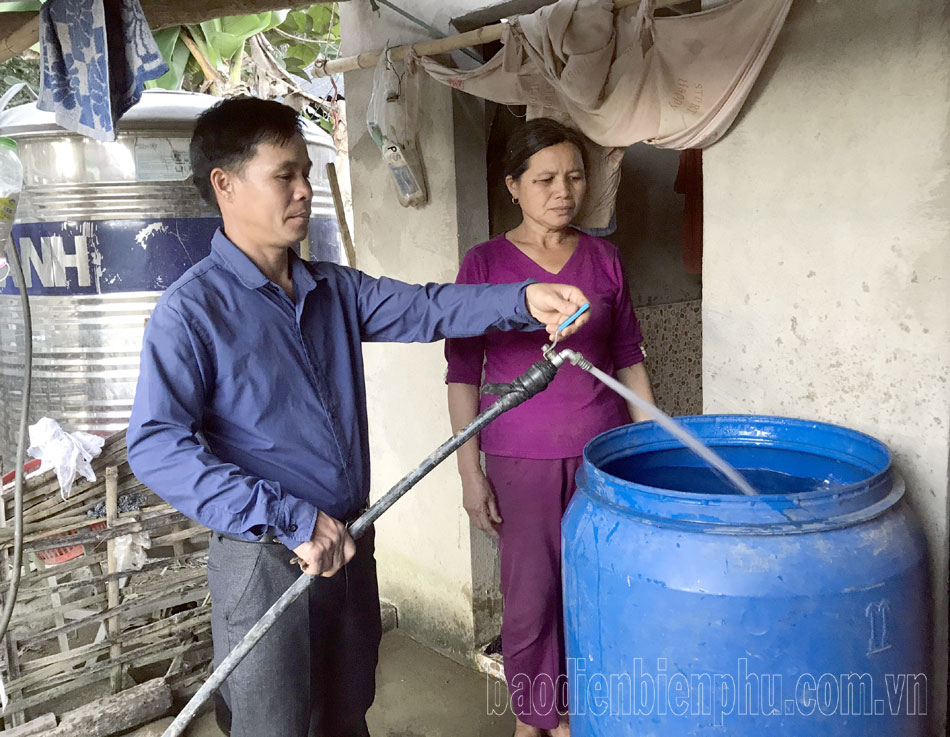
The inter-village domestic water supply project in Muong Dun commune (Tua Chua district) was invested in 2006. Previously, the project was assigned to the local government for management, but the efficiency was not high; by 2021, the project was handed over to the Provincial Center for Clean Water and Rural Environmental Sanitation for management and operation. After receiving the project, the Center implemented many solutions to ensure a stable water supply (repairing, renovating works, water pipes, promoting people to use water economically, etc.). Up to now, the project is serving nearly 300 households in the area of 3 villages: Na Sa, Tuc and Ban Dun, Muong Dun commune.
As a user of domestic water supplied by the project, Mr. Quang Van Van, in Dun village, happily said: “We are very happy because the water source is guaranteed for daily use. The health of myself and everyone in my family is guaranteed.”
Investment in the construction of a centralized water supply system in the province has received attention, especially priority is given to investment in remote areas and ethnic minority areas. Up to now, nearly 90% of rural households in the province use clean water; 92.23% of poor households use clean water. Up to now, the province has 1,040 centralized water supply works in rural areas. The proportion of sustainable and relatively sustainable works accounts for nearly 60%.
.jpg)
Along with that, in recent times, the active implementation of the rural clean water and environmental sanitation program of the Provincial Social Policy Bank Branch has helped tens of thousands of rural households in the province to borrow capital to build, renovate, repair and upgrade clean water supply works and toilet works. Thereby, contributing to helping localities complete the criteria of clean water and environmental sanitation in new rural construction.
In previous years, Mr. Nguyen Tien Quang's family in Doi Cao village, Thanh An commune (Dien Bien district) had to walk more than 100m down to the "valley" to carry buckets of water for daily use. Used water would be used to water vegetables. As for washing, all the water had to be taken to the irrigation ditch. Since accessing loans from the Rural Clean Water and Environmental Sanitation Program of the Dien Bien District Social Policy Bank Transaction Office, Mr. Quang's family has invested in drilling wells, building tanks, and buying water tanks to have a stable source of water for daily use.
Mr. Quang shared: From the capital of 20 million VND borrowed from the bank, along with my family's savings, I drilled a well, built a tank, bought a water tank, invested in a solar power system, a water filter, and upgraded the toilet. Thanks to that, my family has a hygienic toilet and guaranteed daily water. Not only does it facilitate the family's life, but raising livestock and growing crops are also more effective than before. My family has also just bought a washing machine. The quality of life has improved a lot.
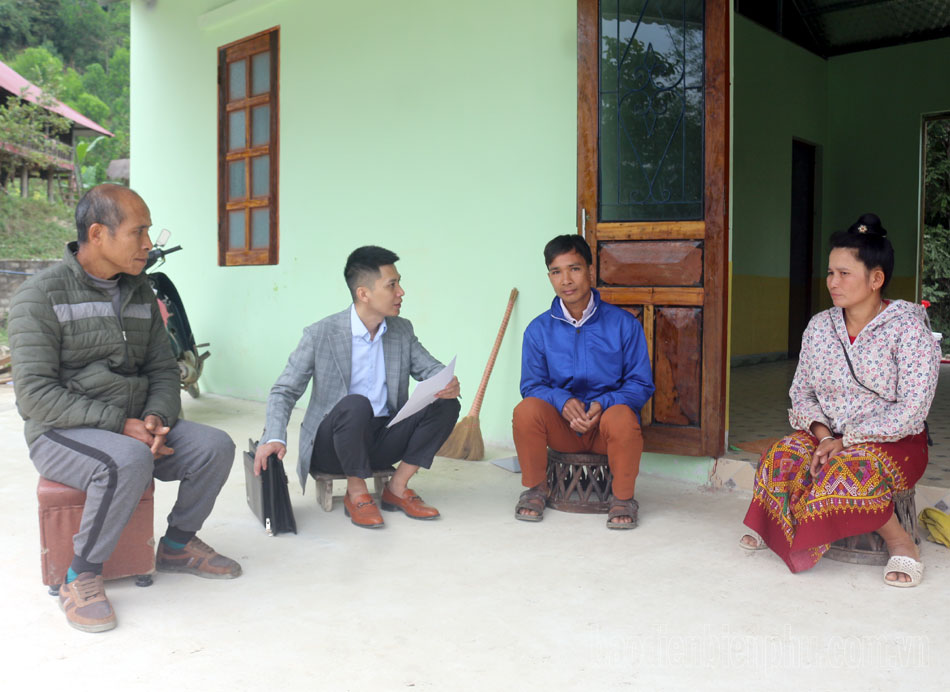
Mr. Bui Van Hiep, Head of the Savings and Loan Group of Doi Cao Village, said: Up to 80% of the households in the village have used loans from the Rural Clean Water and Environmental Sanitation Program of the Vietnam Bank for Social Policies. From this source of capital, households have been able to invest in building new or renovating and upgrading clean water facilities and toilets.
As of May 30, the Rural Clean Water and Environmental Sanitation Loan Program of the Provincial Social Policy Bank had a total outstanding loan balance of nearly VND211 billion, with more than 11,000 outstanding customers.
The loan capital not only improves the quality of life of the people, but the effective implementation of this program also contributes significantly to the process of completing the criteria for clean water and rural environmental sanitation in the construction of new rural areas. Thereby, contributing to solving the problem of environmental pollution, improving living conditions, raising the quality of life and awareness of the people, building a civilized and modern rural environment landscape.
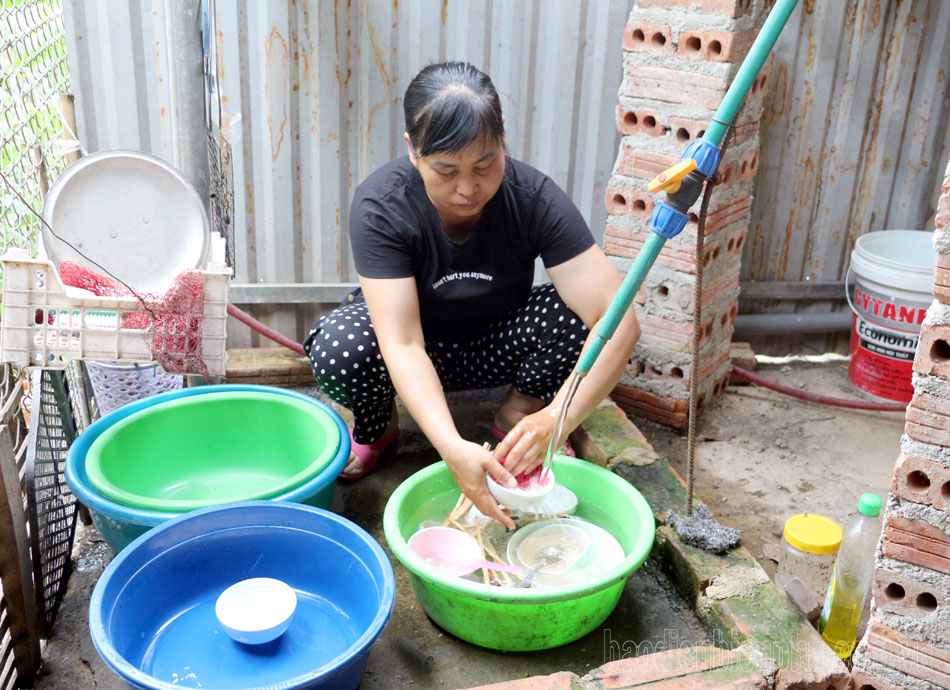
Through a survey of people's needs, the loan amount of 20 million VND from the program is still low compared to reality. People want to increase the loan amount, especially in mountainous and remote communes - always facing serious water shortages and unsafe environmental sanitation - to use more utilities in daily life.
Solving the problem of domestic water and environmental sanitation is a very big issue, especially important in the local socio -economic development strategy. In the coming time, relevant levels and sectors will continue to strengthen state management of clean water and rural environmental sanitation, implement clean water supply projects for rural areas; take measures to promptly prevent and improve risks to the quality of domestic water for people. At the same time, promote propaganda work, raise awareness of people, especially in mountainous, remote areas, and ethnic minority areas about the importance of clean water for health and environmental sanitation; actively participate in protecting water supply works, and use water economically.
Source






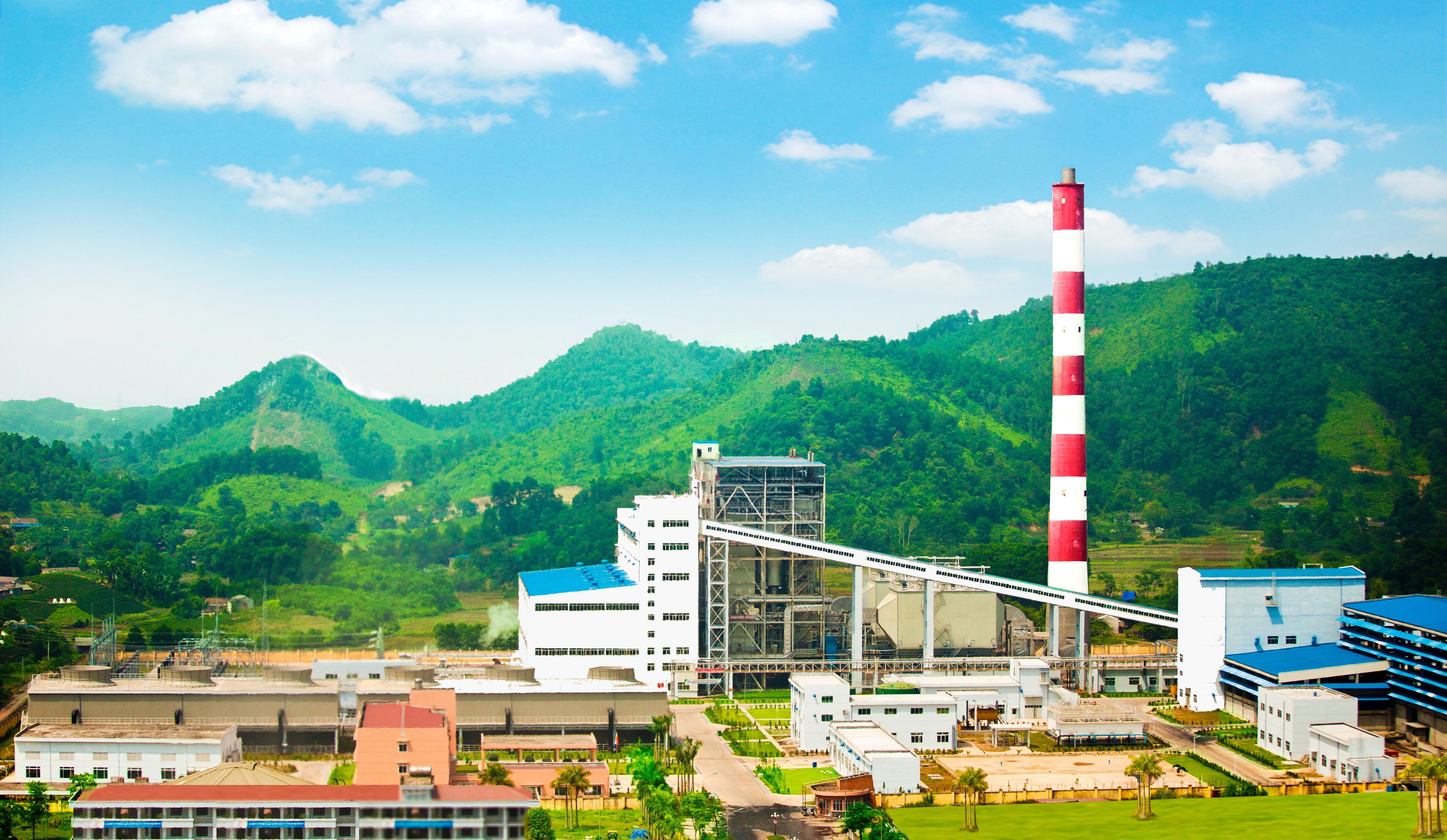

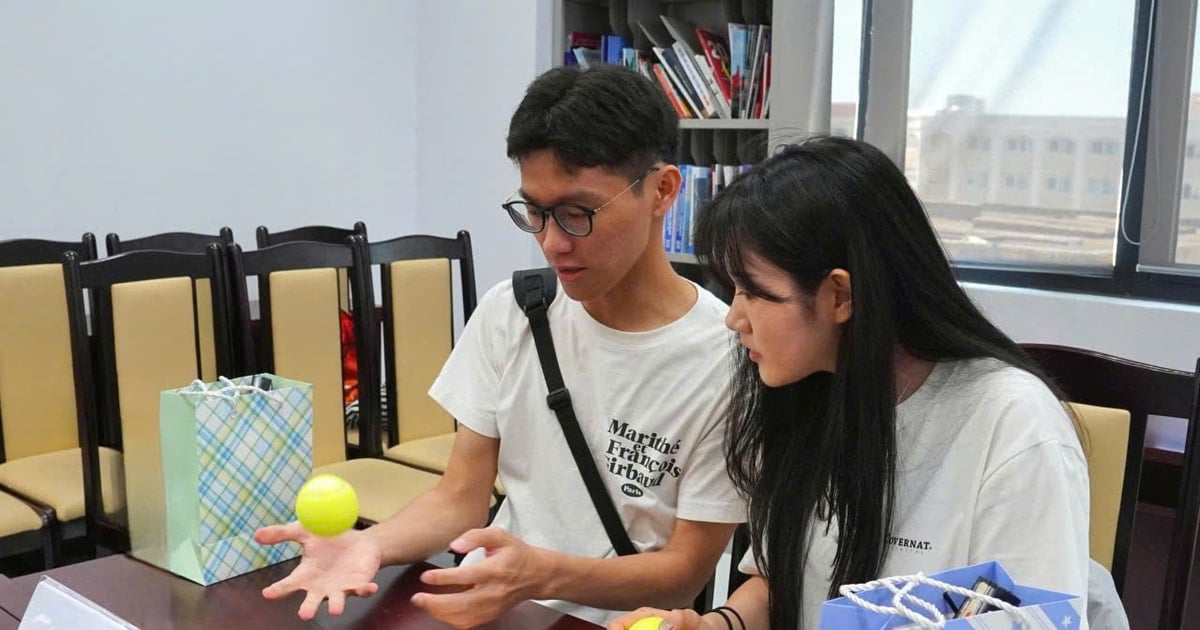
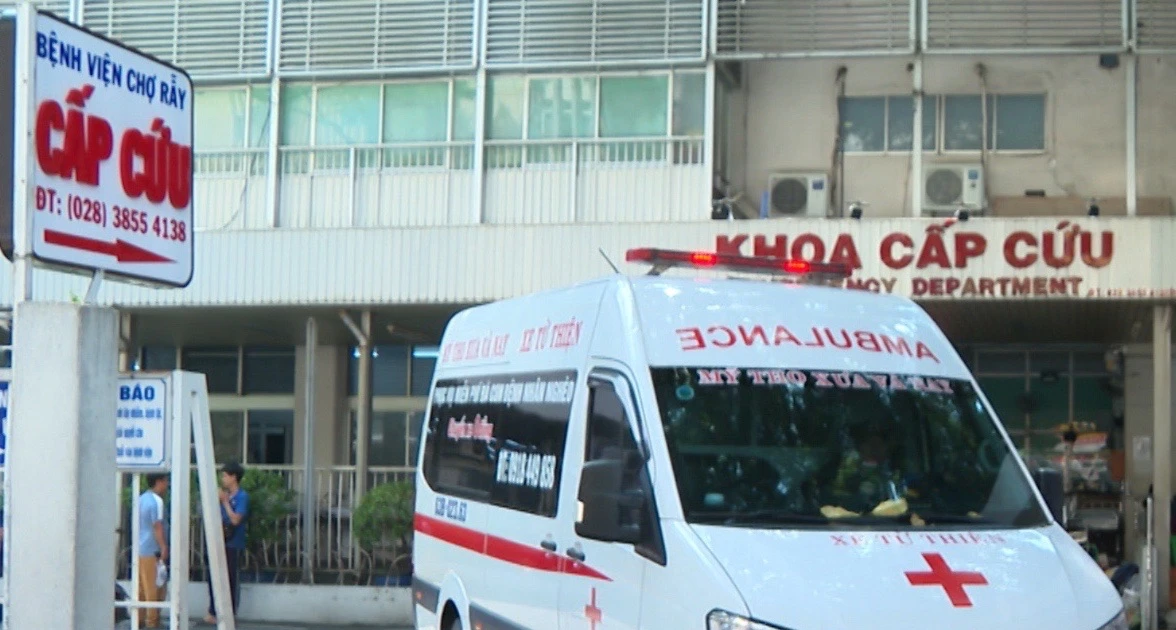
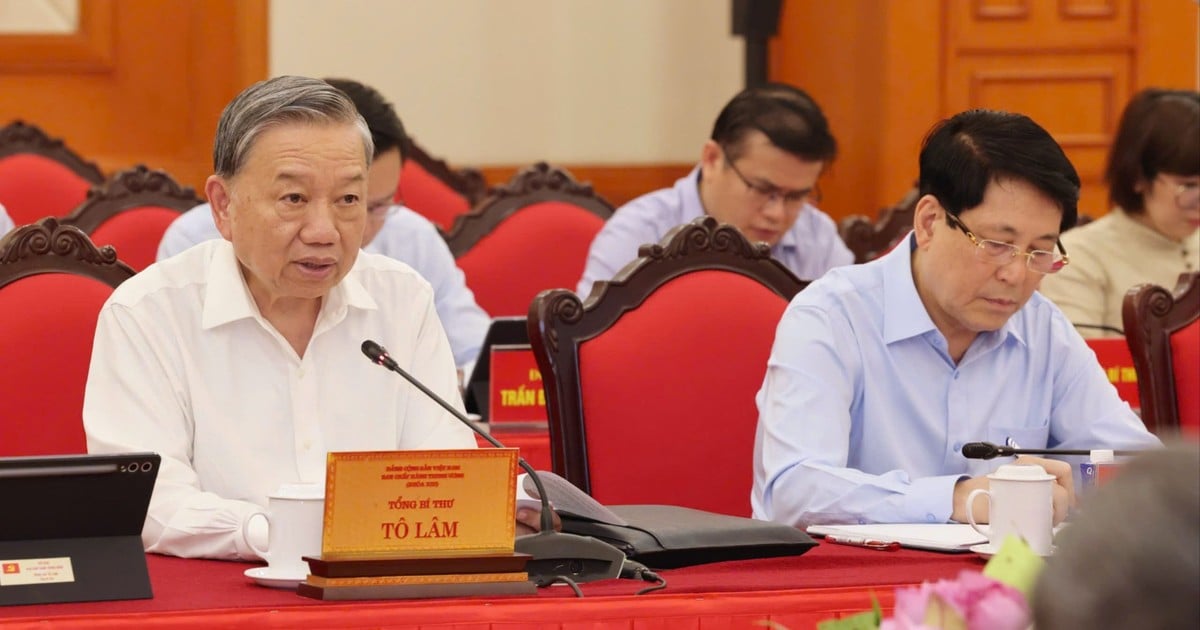
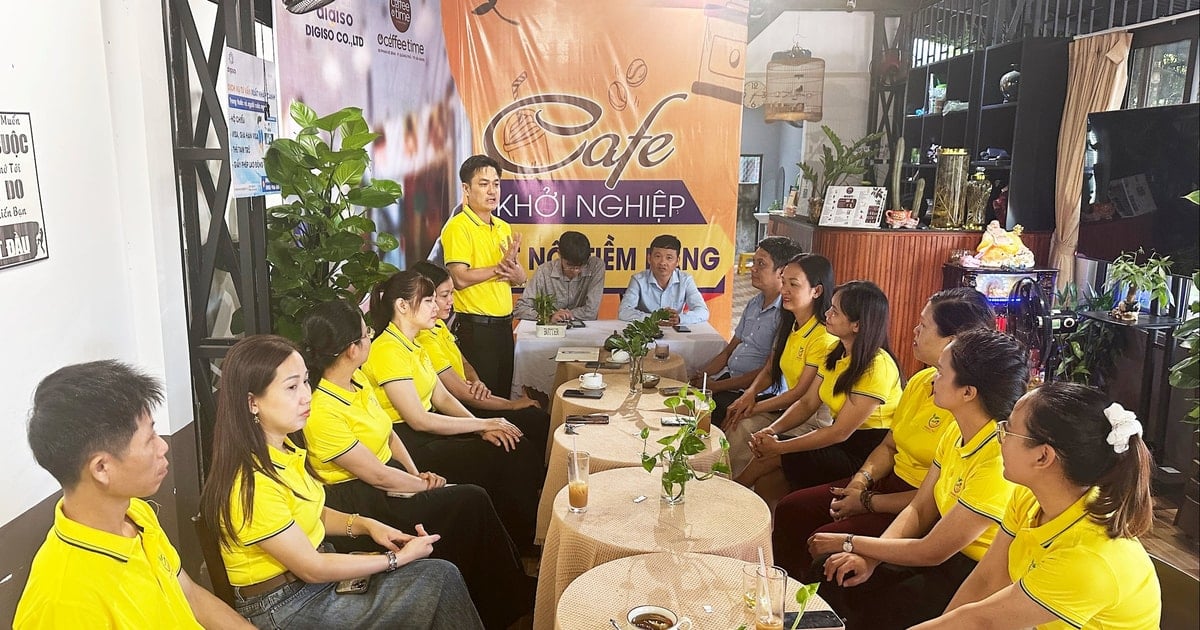










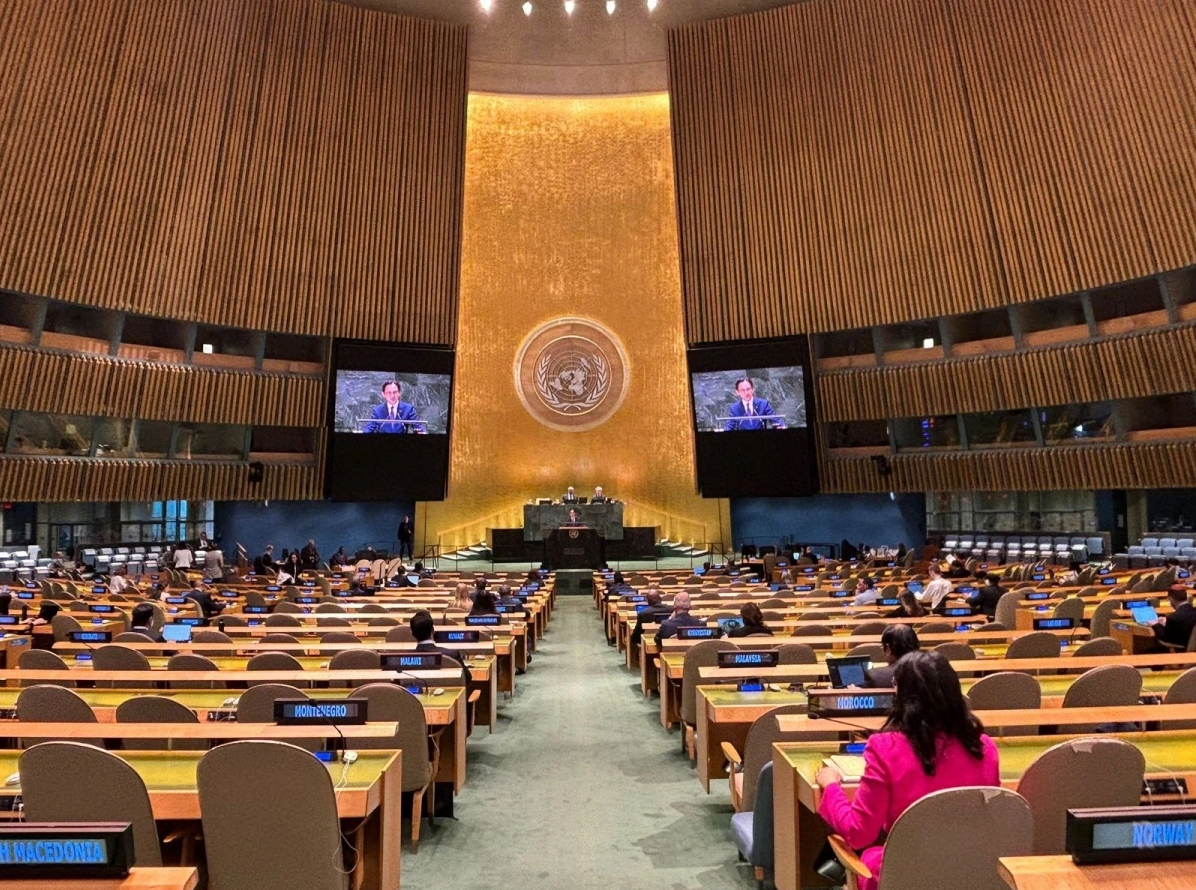

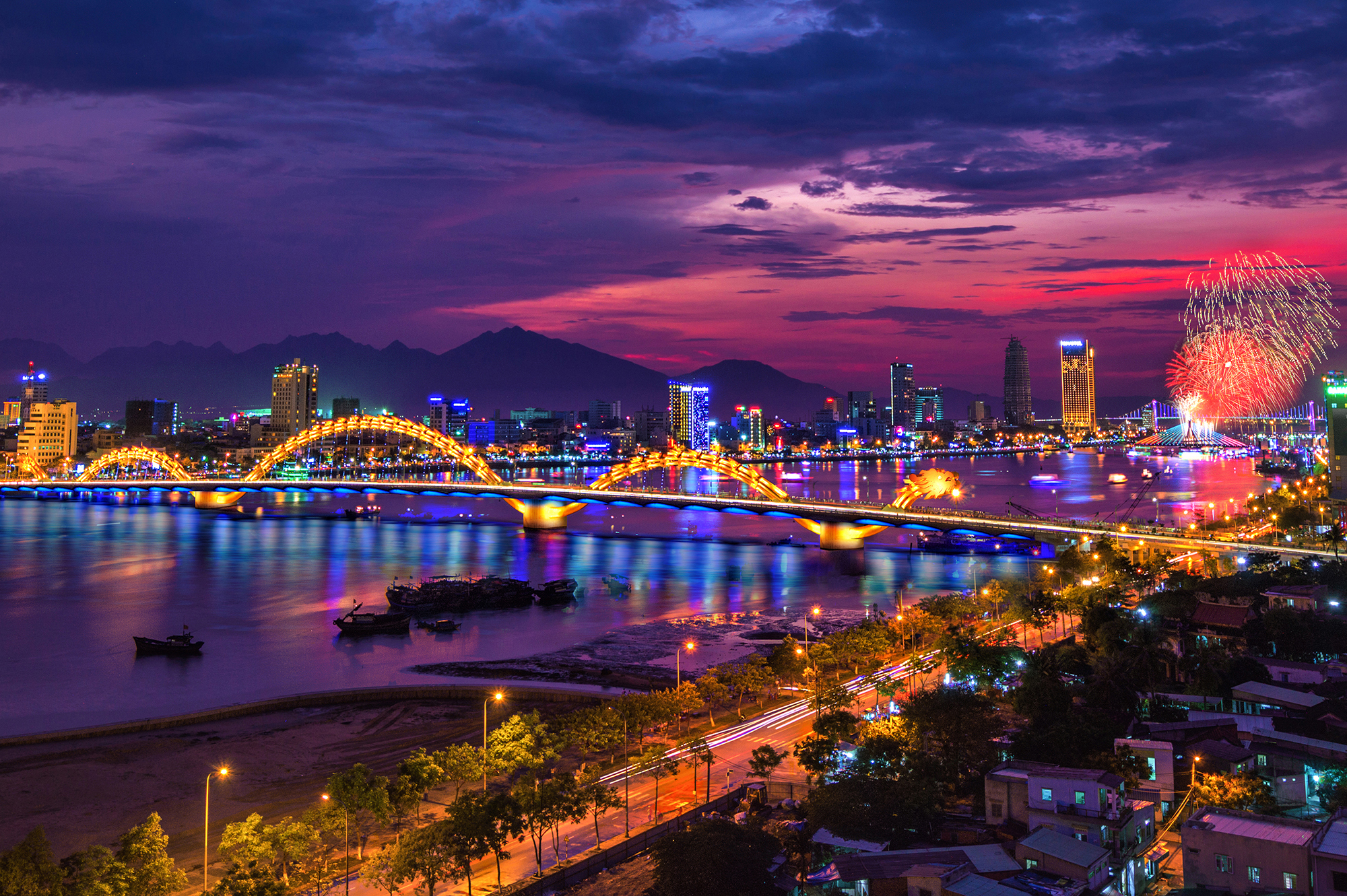



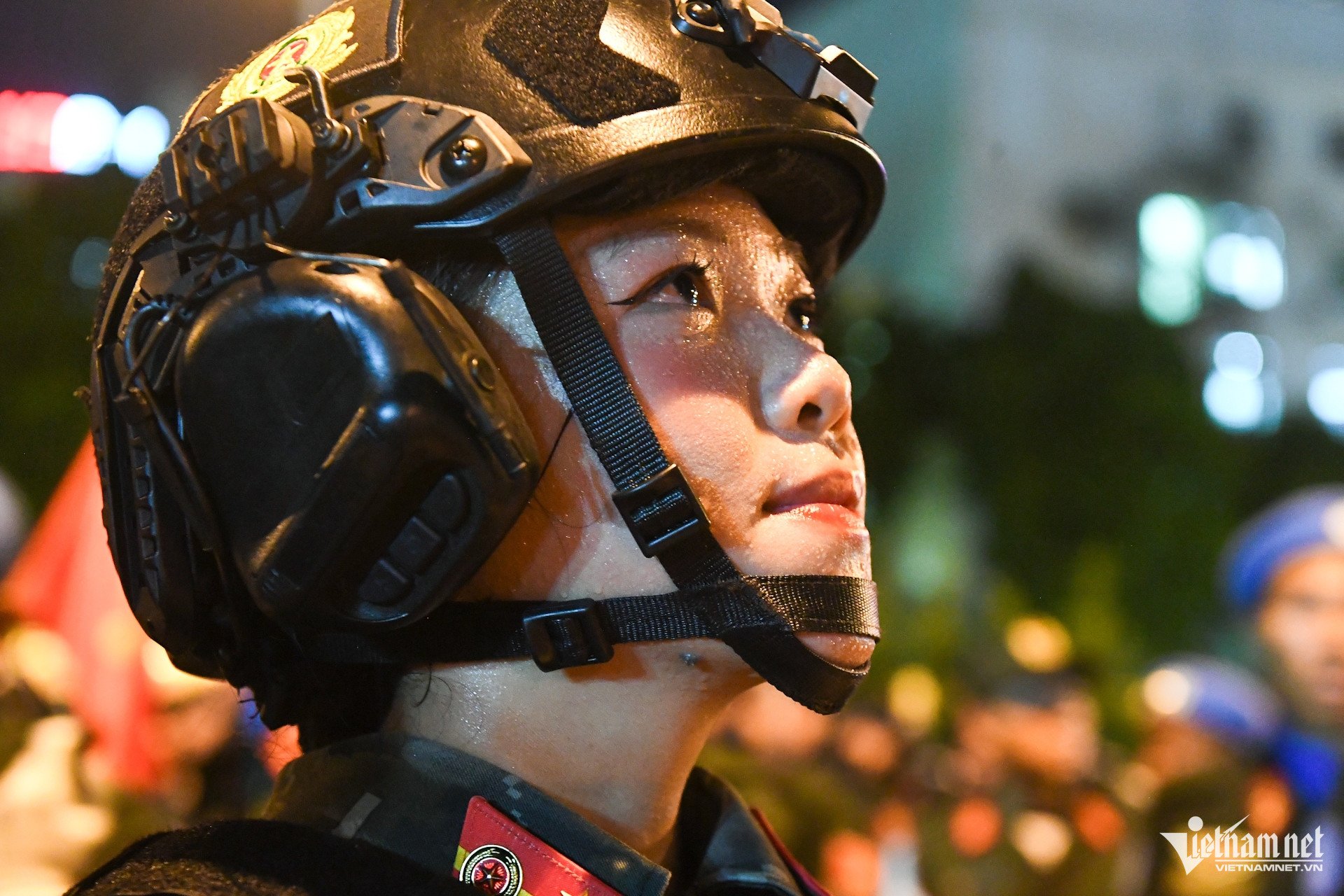
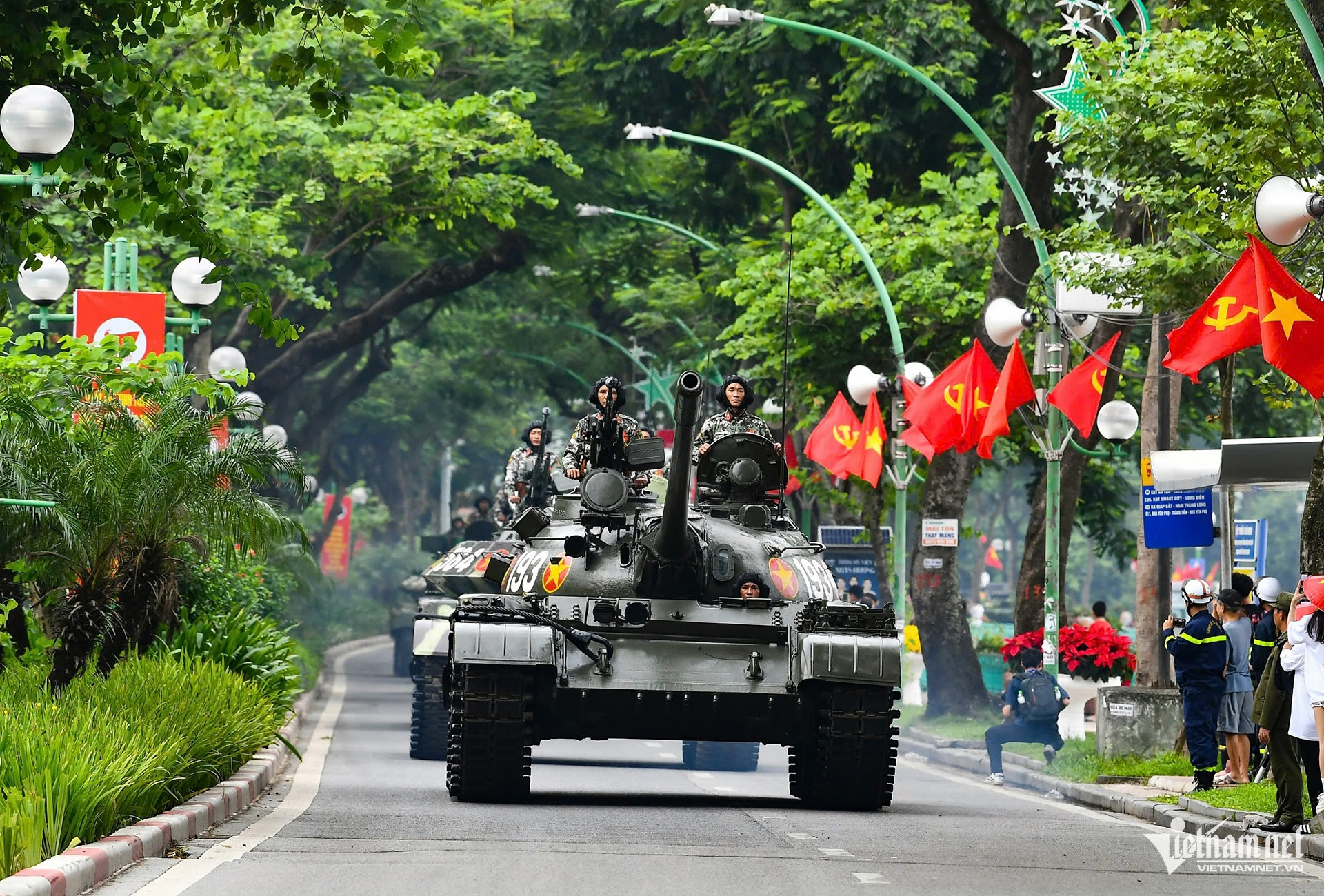













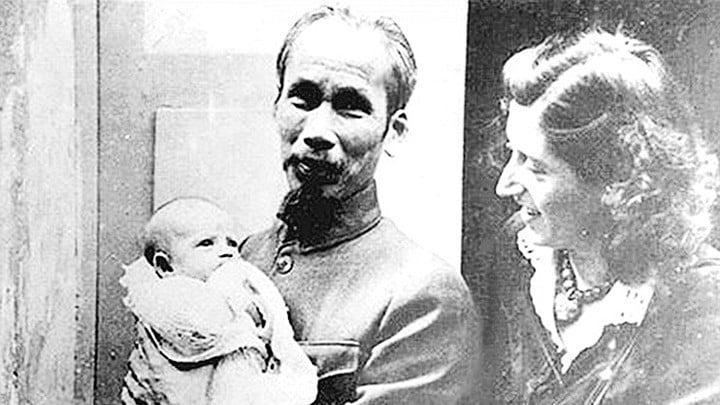













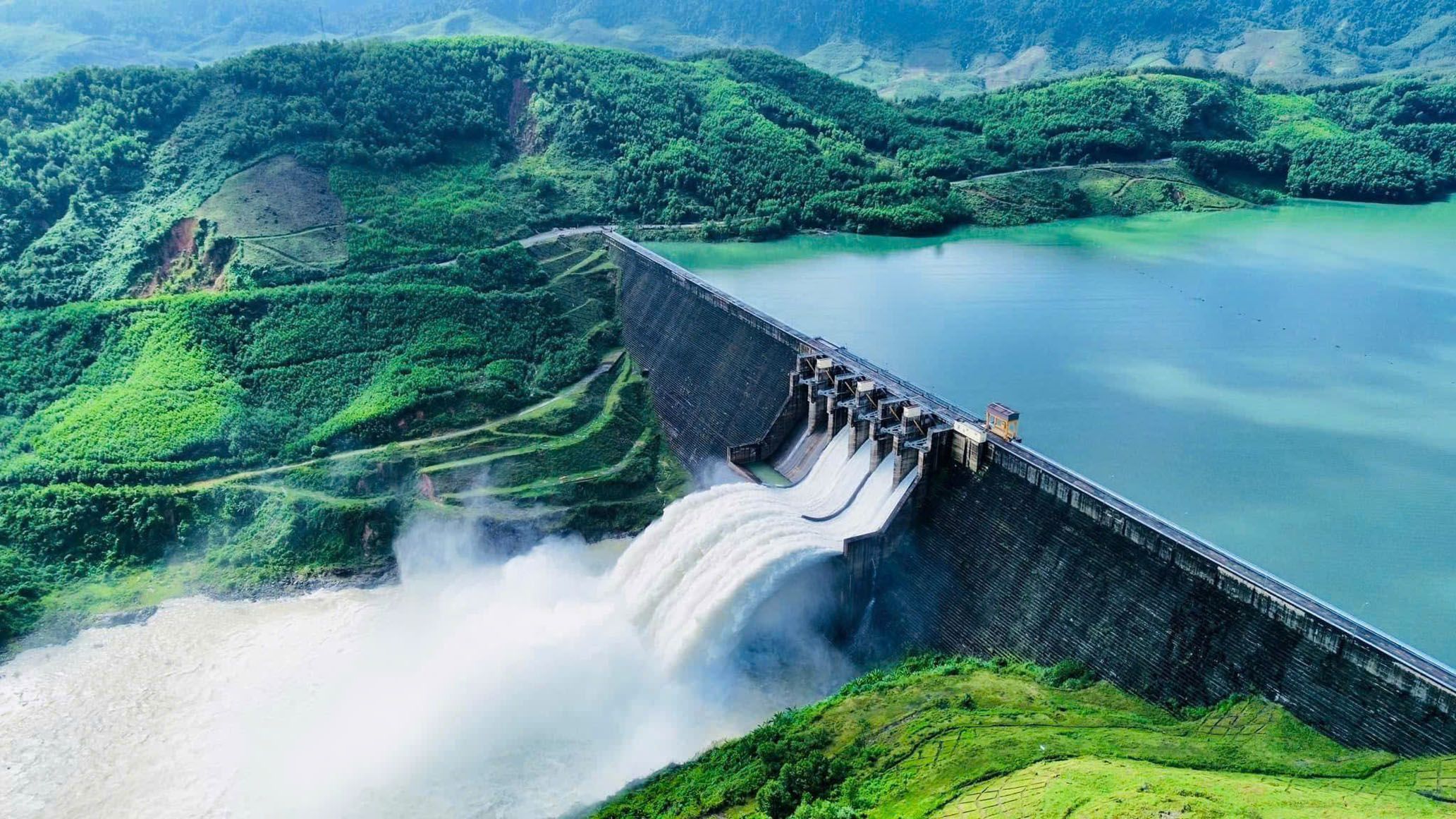

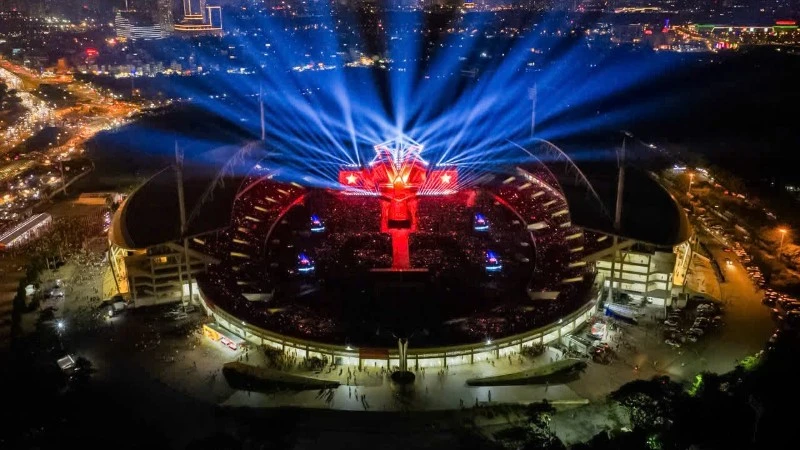


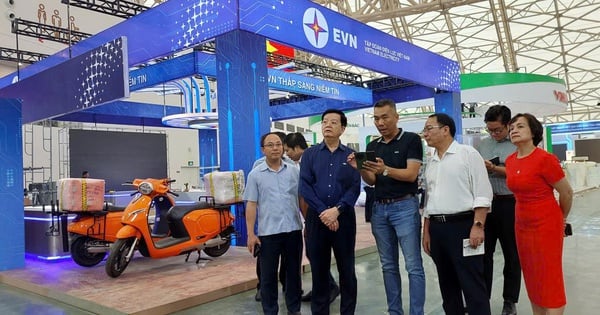

















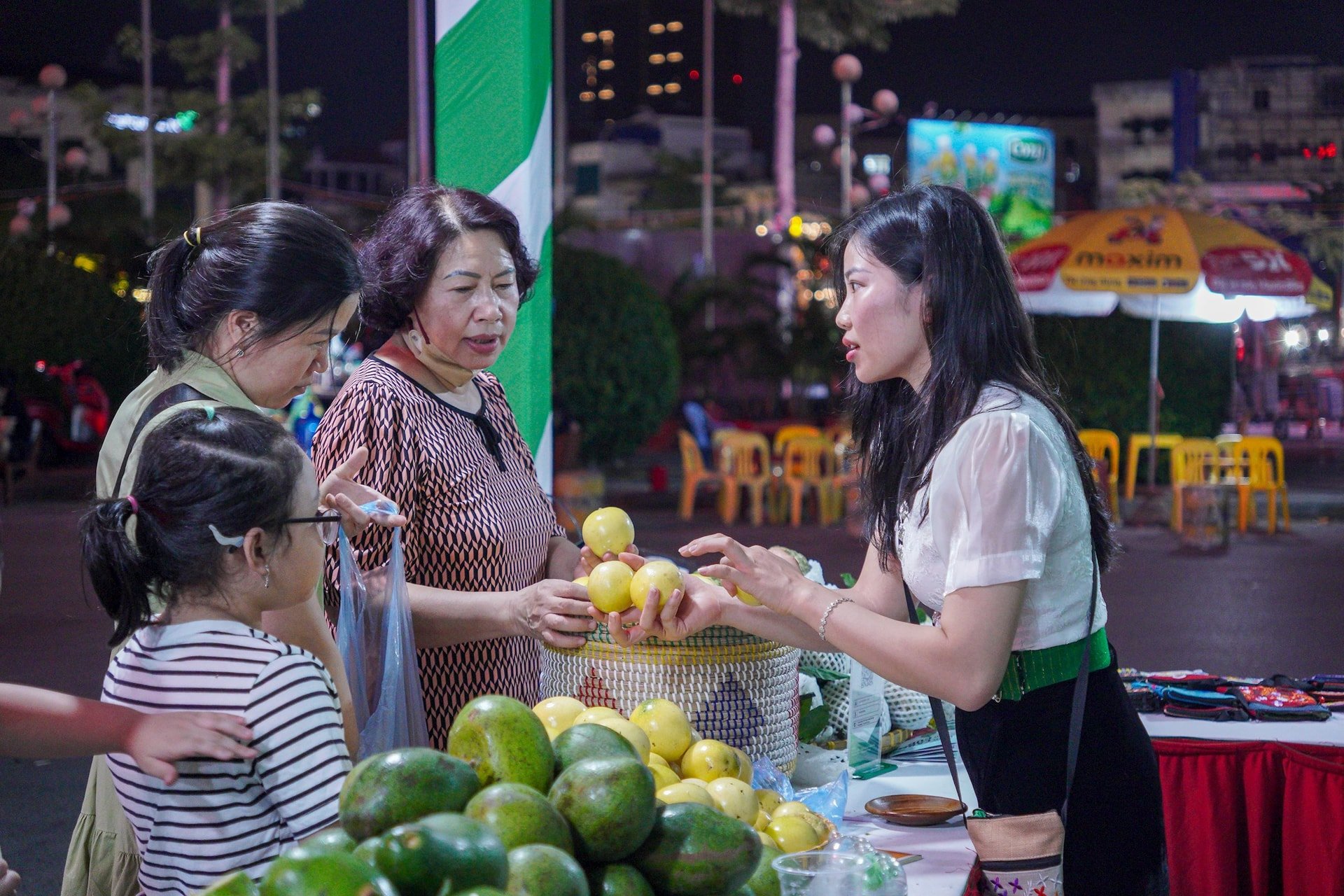

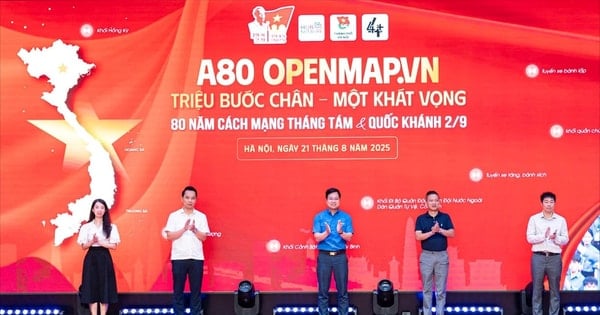

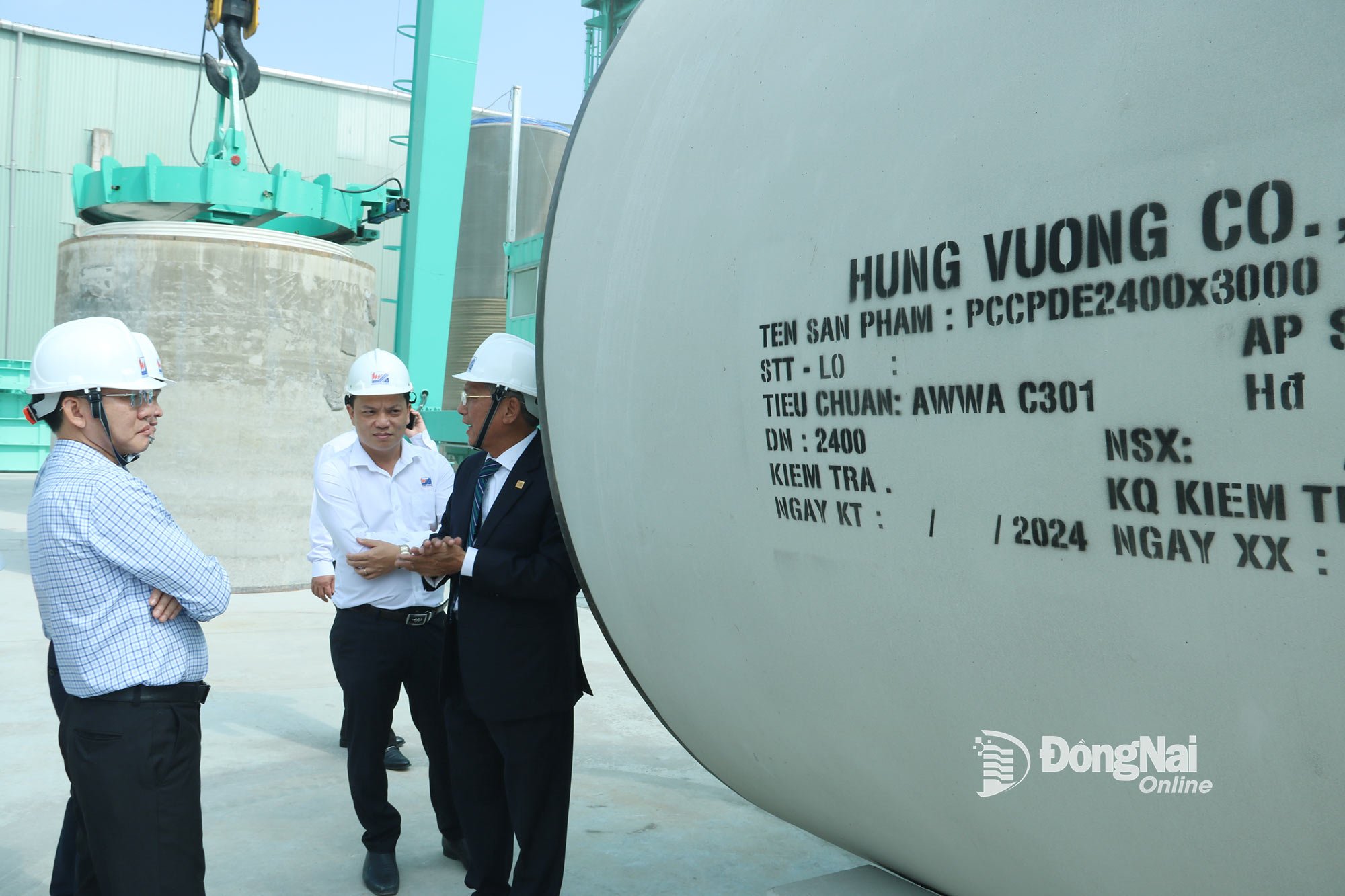








Comment (0)